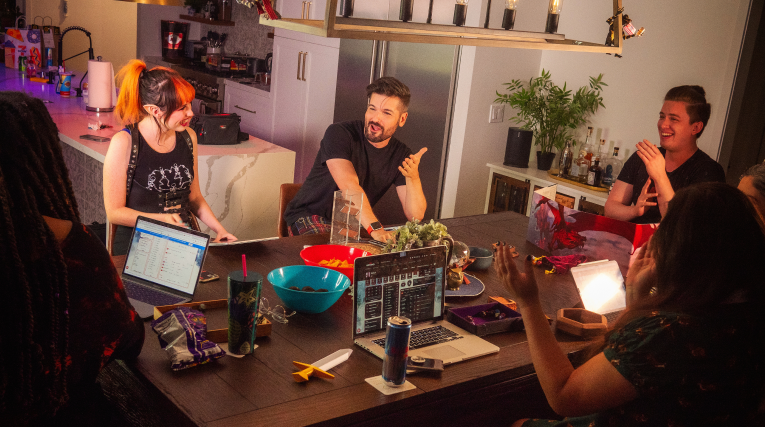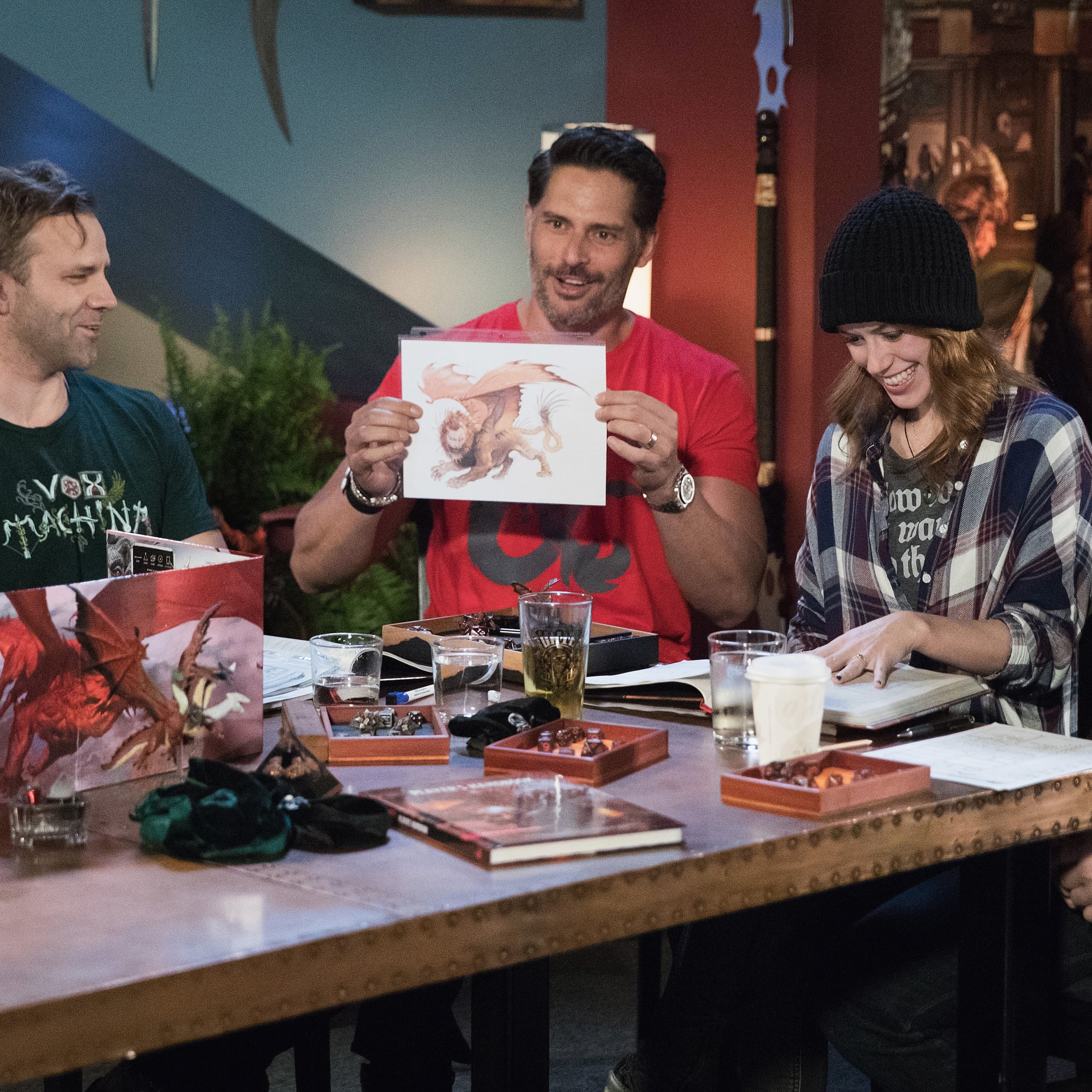
If they’re stuck on a puzzle, ask for some group rolls to sprinkle some hints into their brains, and if a combat is looking grim, maybe describe some distant trumpets echoing in the distance, a clear signal to retreat. While it's impossible to attend to everyone equally during every session, make sure you strive to keep the group on a forward-moving pace. Sometimes,putting a pause on the game to ensure that the group is more-or-less on the same page is a great bit of advice: everyone at the table should feel like they have a voice and a way to impact the events of the session! Knowing what your players want, expect, and might be hesitant to discuss is a great way to not only mold your story to their expectations, but also to throw a few curveballs down the road!Īlternatively, you can focus on a player who might feel ignored or out of the loop. or maybe they’re just your garden-variety adventurers, out to make a quick buck, buy some luxury, and live a life of derring-do. Maybe your group wants to play as a group of dastardly sneak-thieves out to rob the whole world blind, or they want to be a cadre of knight-errants, each seeking out their own quest in the grand world of adventure.

To start a session zero, simply explain the scenario, talk to your player’s about their character choices, and give them a small snippet of what they can expect once the campaign begins. A session zero is essentially a “prologue” session where the group develops characters and bonds together! You may want to start your first game this way.


I’ve found that holding a session zero before starting up a campaign is a great way to both establish characters and to help your player’s characters feel like they’re part of a group and a living world.


 0 kommentar(er)
0 kommentar(er)
